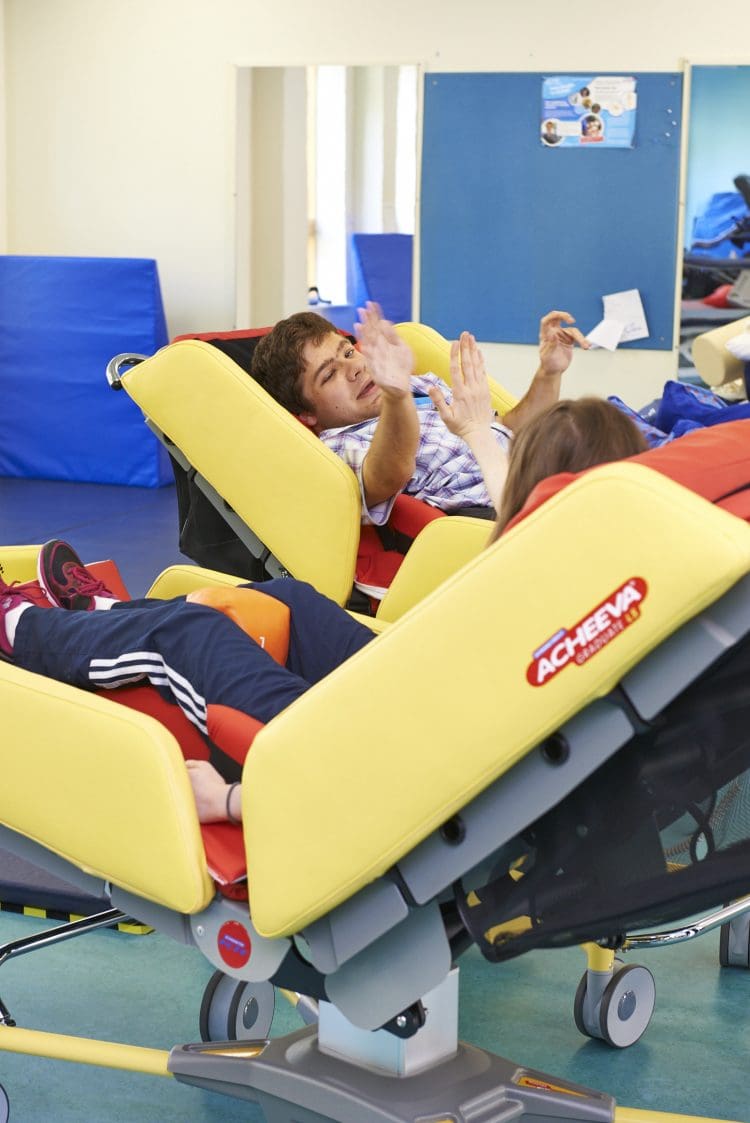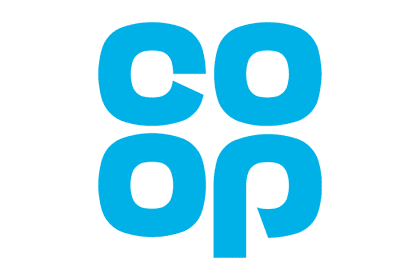The Special Care Unit at Whiston Hospital provides intensive care, high dependency and special care to premature and sick new born babies from the Prescot and St Helens area The unit treats over 316 babies needing respiratory support each year.
The Vapotherm Precision Flow System allows precise measurements of temperature controlled flow, oxygen delivery and humidity for pre-term and sick babies in need of respiratory support. The Precision Flow operates without the discomfort of a nasal cannula and gives parents better access to their babies for cuddles and bonding. It also has a built in alarm system to warn staff if it is dislodged or the flow is interrupted. Often babies are dependent on this equipment for several weeks and so the demand for the equipment is high. MedEquip4Kids have agreed to fund 2 Precision Flow systems.











